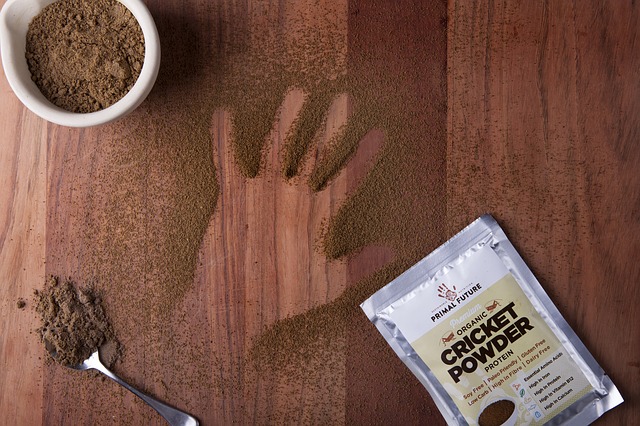Whey protein is found in whey, the water-like part of milk that separates from the curds during the cheese-making process. Whey protein powder is often used to improve athletic performance and strength. However, the evidence for these claims is conflicting. Whey protein is also used for weight gain HIV patients and aid in preventing allergy problems in babies. It may potentially have immune-boosting properties.
If you’ve concluded that protein powder is the perfect choice for you, here are some factors to consider to help you analyze all of your alternatives and select the best one.
Protein content
For a lot of people, the quality of the protein supply is the most crucial consideration. There is a lot of discussion about complete versus incomplete proteins when it comes to determining quality. Proteins are formed up of amino acids, which are similar to various coloured Legos. They can be combined in many ways to serve various functions in the body.
Plant-based protein vs. animal protein
Protein powders derived from milk: Milk is used to make the most popular and well-studied protein powders. They are all full protein sources. Whey is commonly used in post-workout smoothies because it is an extremely high-quality protein that is fast-digesting and high in BCAAs. Whey protein is often found in concentrate, isolate, and hydrolyzed formulations.
Protein powders derived from plants: Plant-based proteins are not all full proteins. You’ll obtain all the amino acids you need if you consume a diversified diet with various protein sources.
– Soy: Soy protein is a complete protein that is beneficial for stimulating muscle building. In fact, research demonstrates that soy protein supplementation causes equivalent improvements in strength and lean body mass in reaction to resistance training as whey protein.
– Hemp: Hemp protein powder is manufactured by grinding up hemp seeds, making it an excellent whole-food supplement. As a result, it is high in fibre and a good source of omega-3 fats. However, like rice protein, hemp protein is low in lysine, making it an incomplete protein.
Allergies and sensitivities
If you have a known food allergy, stay away from protein powders that contain those substances. For instance, if you get an allergic reaction to dairy, you will most likely benefit from a plant-based protein powder. If you have digestive concerns, more processed choices, such as isolates and hydrolysates, are usually more tolerable. It’s also not uncommon to have digestive issues after trying out a new protein powder. This can occur for a number of reasons.
- Ingredients: Before purchasing, it is good to read the ingredient list; you may need to try a few different options before finding the ideal protein powder for you.
- Overall diet: Your body’s reaction to protein powder may be influenced by what else you ate that day. Many people, for example, can tolerate a specific amount of lactose, but when they exceed their tolerance, they have symptoms.
- Amount: It could also be a matter of quantity. Men are occasionally advised to use two scoops of protein powder rather than one. For some people, this may be too much at once for their digestive tract to manage properly.
In summary, selecting the best whey protein powder for you boils down to asking the appropriate questions and testing with several possibilities. It’s useful not just for choosing a protein powder but for pretty much every nutritional decision.
